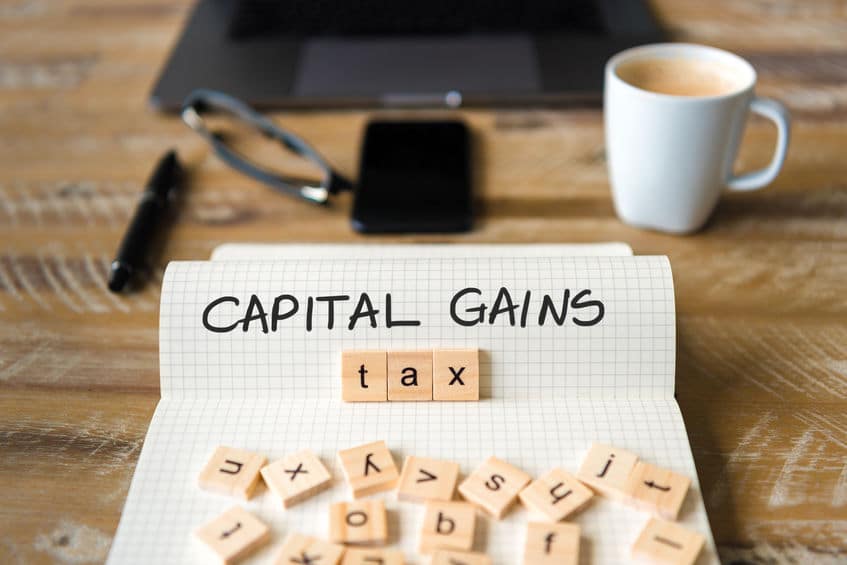It’s best to be prepared than caught off guard. Washington residents and certain non-residents with more than $250,000 in realized capital gains on stock or other financial transactions in 2022 should be prepared to pay the 7% WA State tax this year.
Here’s why: Under the current state statute, the WA capital gains tax is due April 18, 2023 for gains recognized during 2022. The appellate case contesting the constitutionality of this tax is due to be heard by the Supreme Court on January 26, 2023. But the Court may not have made a final decision before the tax deadline on April 18. If there is no decision by that date, the tax is due. Should the tax be finally determined unconstitutional, refunds will be necessary, says Kristi Mathisen, Managing Director, Tax and Financial Planning at LNWM.
Keep in mind, says Kristi, that the new capital gains tax applies to long-term gains above $250,000, only to people (not companies) and it does not apply to real estate transactions. The tax is levied on those who have their primary residence in Washington State and also to non-residents, but only for their gains from sales or exchanges of personal property located in Washington. Please see our earlier blog post on why this new tax was proposed, to whom it applies, and its many exemptions.
LNWM client advisors have been reviewing client portfolios and asset transactions per usual, and part of their focus is exposure to the 7% cap gains tax. Since 2022 was a down year for the capital markets, one way to minimize gains was through tax loss harvesting, says Kristi. However, unlike the federal rules, net short-term losses do not offset the WA long-term gains. So making sure that there are sufficient long-term losses is the goal.
How We Got Here
The WA State tax essentially focuses on the profits from cashing out of highly appreciated stock and was approved by both the state legislature and Governor Jay Inslee last year. In March 2022, the law was challenged and overturned in Douglas County court, with the judge in that case finding that this was an illegal income tax under the state constitution. The judge said in a written decision that the tax “shows the hallmarks of an income tax rather than an excise tax” as argued by state lawmakers. WA State Attorney General Bob Ferguson then appealed the ruling directly to the WA State Supreme Court, which agreed in summer 2022 to take on the case.
Toward the end of 2022, upon the AG’s request, the state Supreme Court issued a “stay” on the Douglas County court ruling that the tax was unconstitutional. That means the state can begin issuing rules and requiring payment of the tax ahead of the April 2023 tax due date.
The central issue in the case the Supreme Court will hear at end of January 2023 is this: Is the capital gains tax an income tax or an excise tax? Those in favor of the tax say it is NOT an income tax; it is rather an excise tax collected only when a certain amount of stock is sold.
The IRS and the vast majority of U.S. states classify capital gains as income. Washington State is somewhat unique in that it also classifies income as property. This has thwarted attempts to approve any form of state income tax since all taxes on income (deemed property) are subject to the constitutional restrictions on property taxes.



